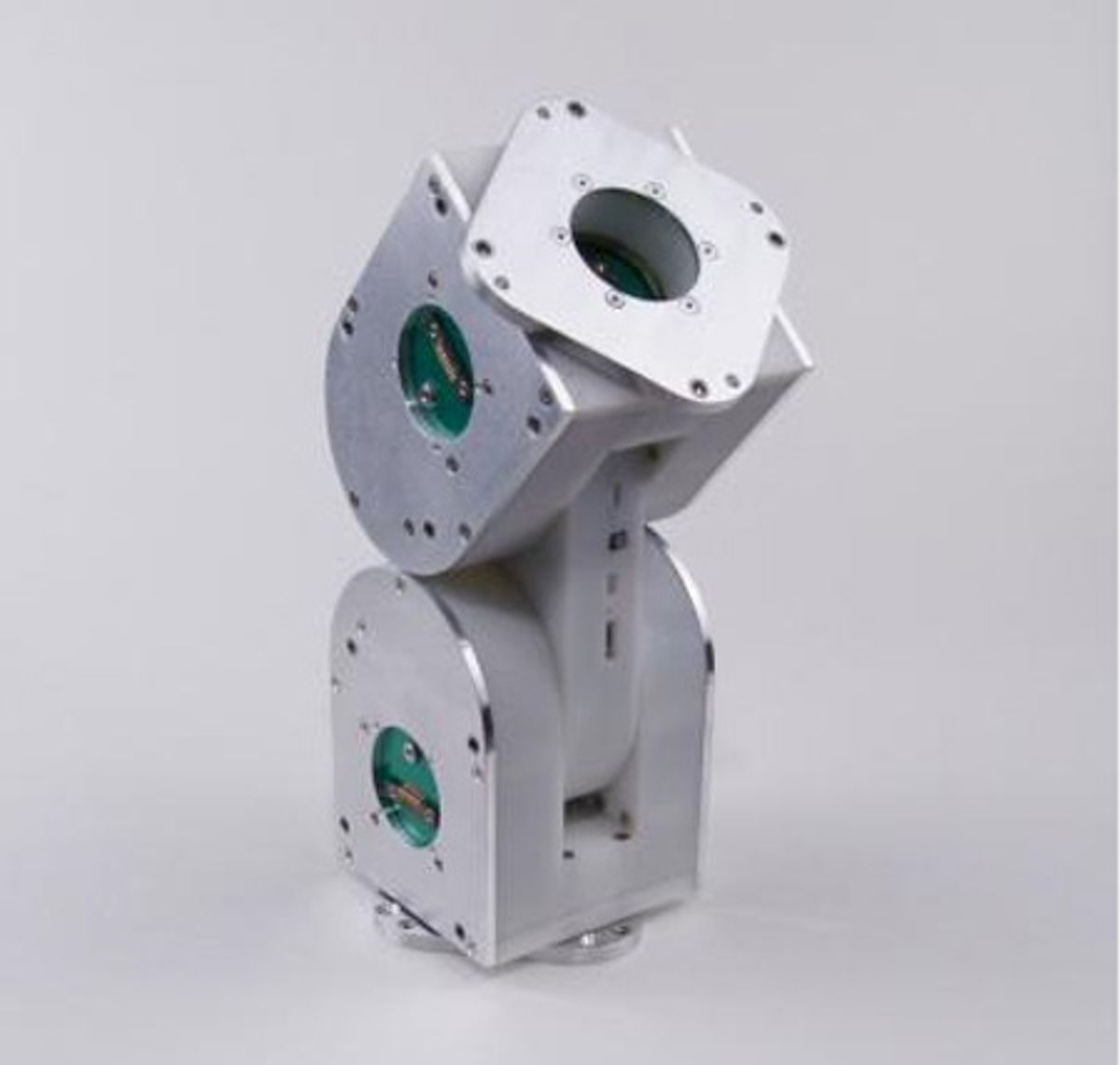We love the concept behind modular robots: they’re simple, cheap, easy to use, and capable of doing anything you want them to do, as long as you’re willing to let them reconfigure. They’re also easy to fix, and in many cases, capable of fixing themselves. So for example, if you’ve got a modular humanoid that you decide to kick in the face, it can put itself back together, as long as it’s got enough modules attached to each other to enable movement. But single modules, left on their own, are more or less helpless.
iMobot is a project from UC Davis that takes all those cool possibilities embodied in modular robotics and adds a couple extra degrees of freedom that gives each individual module significant capabilities as well. The basic central hinged design is familiar from projects like ckBot, but iMobot adds rotating plates at the end of each module, which can turn the module into a single axle of sorts, capable of driving itself around. The modules can also crawl, roll, and "undulate" to get from place to place:
Besides movement, these additional degrees of freedom allow the modules themselves to perform tasks, like operating as little individual camera turrets. And of course, by sticking a bunch of the modules together, you can create much more sophisticated robots with enhanced capabilities:
The creators of these modules, Graham Ryland and Professor Harry Cheng, have taken the promising step of starting up their own company to produce these little guys in bulk and make them available for research institutions and anybody else who wants to mess around with modular robots. Barobo already has a sizable NSF grant to kick things off, and they hope to have a product ready to go by the end of the year.
Evan Ackerman is a senior editor at IEEE Spectrum. Since 2007, he has written over 6,000 articles on robotics and technology. He has a degree in Martian geology and is excellent at playing bagpipes.





